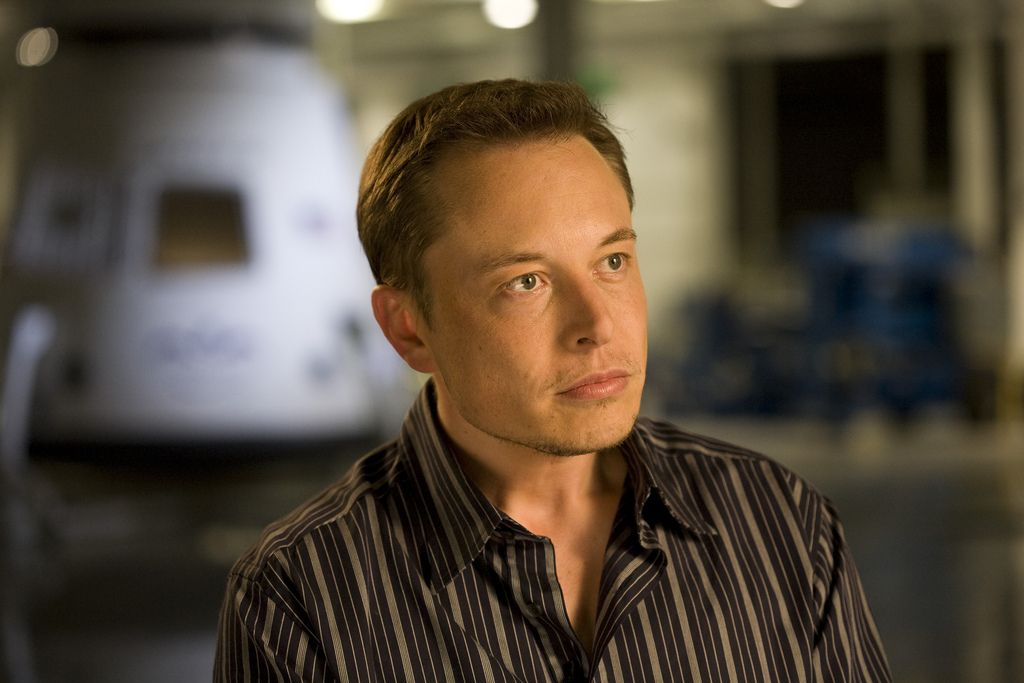Impact investors are taking over the environmental sector
Not a day goes by where Elon Musk doesn’t hit the news. His tech company Tesla, a public company that is leading in the electrical cars industry, has come under attack from regulators such as the US Securities and Exchange Commission (SEO) for his unconventional approach to leading his company. The SEO has also criticised his attempts to take Tesla private, claiming it would harm investors. Tesla is an example of a company that claims to accelerate the world’s journey into transport that runs on sustainable energy, which is something that investors are excited about regardless of the company being in its early stages. Despite controversy, such as claims that the company could go private with funding from the Saudi sovereign wealth fund, companies such as Tesla are seeing the value of their shares increase. Indeed, many impact investors are looking towards these technologies to increase their returns and bring private sector capital into environmental projects that claim they will ‘revolutionise our planet’.
What is the reason behind the splurge of investment into a sector that has widely been ignored in the past? It is simply a factor of demand, both from Western governments and consumers. As social and environmental concerns grow, consumers demand sustainable products and social responsibility, while governments are compelled by pressure groups and organisations to invest in green energy and social projects. A decade ago, the term ‘impact investment’ started to be bombarded in business circles. The majority of the investment has been in microfinance, social housing and energy. Such investment aims to bring market-based solutions to decrease inequality in society. While private investors are able to make profits from this investment, they also claim to be driven by the social impact, particularly in emerging economies.
The interest in such companies by private investors and governments is still in its early stages, but the belief that social problems can be solved through markets by investors is growing
While many will write off impact investing as a millennial dream, it can persuade companies to make their manufacturing process more sustainable and reduce waste. When Julie Corbett founded a new sub-company of Ecologic, a company which produces paper bottles from recycled materials, she realised that she would require more funding than venture capital. She acknowledged that venture capital would not work for her company as her project was more capital intensive as it required manufacturing. She managed to secure funding from companies such as DBL Investors, as well as the Californian state government. The interest in such companies by private investors and governments is still in its early stages, but the belief that social problems can be solved through markets by investors is growing.
In particular, the housing market has seen a boom in private investors wanting to earn a profit while also being subsidised by the government to earn greater profits. The incentives in the affordable housing market are attractive; consumer demand is certainly high in major cities across Europe and the Americas and companies are often given subsidies if they meet targets. In addition, building, selling and maintaining social housing has the incentive of high profits, particularly in cities such as London and Paris, where the cost of housing has increased significantly.
Although some impact investments can take longer to break even due to below-market rates, others, such as housing, can attract investors due to the monetary rewards rather than the desire to contribute positively to society
That said, the label of ‘impact investor’ has changed massively, from those who want to invest in a transparent way to projects with positive social or environmental impacts, to jumping on the bandwagon because such investments can be lucrative. Although some impact investments can take longer to break even due to below-market rates, others, such as housing, can attract investors due to the monetary rewards rather than the desire to contribute positively to society. Investors may be looking to find the next new thing, such as tech companies that claim to use blockchain to save the planet or, like Tesla, a company with innovative ideas and a photogenic leader. Either way, investment in the green sector or in social projects seem to be on an upward trend and is likely to continue in the foreseeable future.

Comments